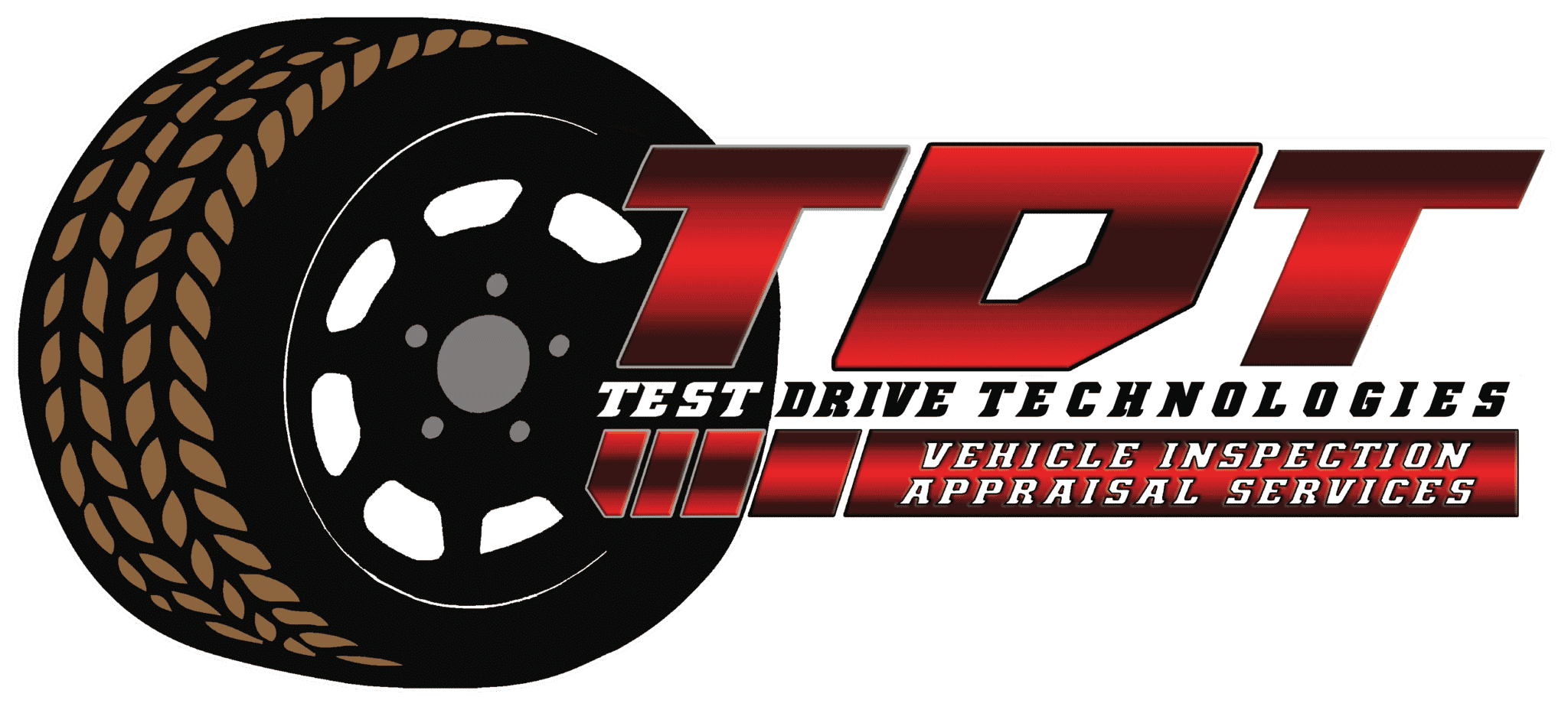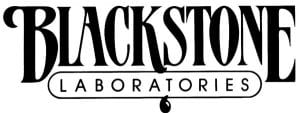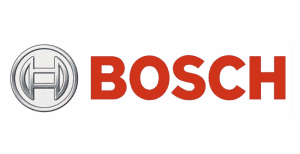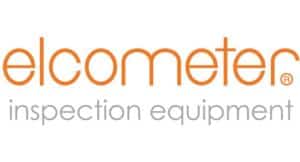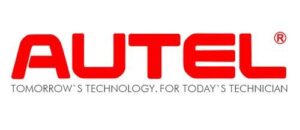1970 Plymouth HEMI Barracuda Convertible Buying Guide: Market Trends & Inspection Tips
The 1970 Plymouth HEMI ‘Cuda Convertible is one of the rarest and most valuable muscle cars ever built. With only 14 factory-produced models, this Mopar icon has become a multi-million-dollar investment for collectors. Due to its rarity, many standard 1970 ‘Cuda convertibles have been cloned or misrepresented, making careful inspection essential before buying.
This detailed muscle car buying guide covers how to verify authenticity, inspect key components, and understand the latest market trends based on Mecum and Barrett-Jackson auction results.
How to Identify a Real 1970 Plymouth HEMI Barracuda Convertible
Because of its limited production and high value, verifying a real factory HEMI ‘Cuda Convertible is critical. Many non-HEMI ‘Cuda convertibles have been converted into clones, so always check the VIN, fender tag, and supporting documents.
Check the 1970 Plymouth HEMI ‘Cuda Convertible VIN
A true factory HEMI ‘Cuda Convertible will have a VIN that starts with:
- BS27R0BXXXXX
- B = Barracuda
- S = ‘Cuda (performance model)
- 27 = Convertible
- R = 426 HEMI V8
- 0 = 1970 Model Year
- B = Hamtramck, MI Assembly Plant
🚨 If the fifth digit is not “R”, the car is not a factory-built HEMI ‘Cuda Convertible.
Verify the Fender Tag & Build Sheet
- The fender tag (on the driver’s side inner fender) contains factory production codes.
- The broadcast sheet (typically found under the seat or carpet) confirms original options.
Key factory codes for a 1970 Plymouth HEMI ‘Cuda Convertible:
- E74 – 426 HEMI V8 engine
- D32 – 727 TorqueFlite automatic transmission
- D21 – A833 4-speed manual transmission
- N96 – Shaker Hood
🚨 Many clones have fake fender tags and incorrect build sheets. Always verify authenticity with a Mopar expert before buying.
Inspecting the Body & Frame for Rust and Damage
Since convertibles are more prone to rust, a thorough body inspection is critical.
Common Rust Areas in the 1970 Plymouth HEMI Barracuda
- Rear quarter panels – Water accumulation can cause rot.
- Trunk floor & rear frame rails – A common weak point due to moisture.
- Firewall & cowl area – Prone to rust due to water drainage issues.
- Torsion bar crossmember – A key structural component that weakens with rust.
Check for Structural Repairs & Accidents
- Inspect for uneven panel gaps – A sign of frame damage.
- Use a magnet – Excess body filler may indicate rust repair.
- Look underneath – Bent frame rails suggest prior accidents.
🚨 A car with major rust or poor repairs can cost hundreds of thousands in restoration.
Verifying the 426 HEMI Engine & Drivetrain
A numbers-matching 426 HEMI engine significantly increases the value of a 1970 HEMI ‘Cuda Convertible.
Check the Engine Block Stampings
- Correct 1970 HEMI block casting number: 2468330-1
- Partial VIN stamped on the block should match the car’s VIN.
- Check for factory dual Carter AFB 4-barrel carburetors.
Verify the Transmission & Rear Axle
- Factory transmission options:
- A833 4-speed manual transmission (D21) – With a Hurst Pistol Grip shifter.
- 727 TorqueFlite automatic transmission (D32) – Common in HEMI cars.
- Factory Dana 60 rear differential – A key feature of original HEMI ‘Cuda Convertibles.
🚨 If the engine or transmission is non-original, the car’s value drops significantly.
Suspension & Braking System
A factory-built HEMI ‘Cuda Convertible had upgraded suspension and braking components to handle the powerful 426 HEMI.
Factory Suspension Components
- Heavy-duty torsion bars
- Firm-ride shock absorbers
Factory Braking System
- Power front disc brakes (J45)
- 10-inch rear drum brakes
🚨 Incorrect suspension parts can lower authenticity and value.
1970 Plymouth HEMI Barracuda Convertible Market Trends (2024)
The 1970 HEMI ‘Cuda Convertible remains one of the most expensive muscle cars ever sold. Recent Mecum and Barrett-Jackson auction sales confirm strong market demand.
| Condition | Market Value (2024) |
|---|---|
| Project Car (Rusty, Non-Running) | $500,000 – $1M |
| Driver Quality (Non-Matching Engine) | $1M – $2M |
| Fully Restored, Numbers-Matching | $3M – $4M |
| Best Auction Sale (All-Original, Low Mileage) | $3.5M+ (Mecum Auctions) |
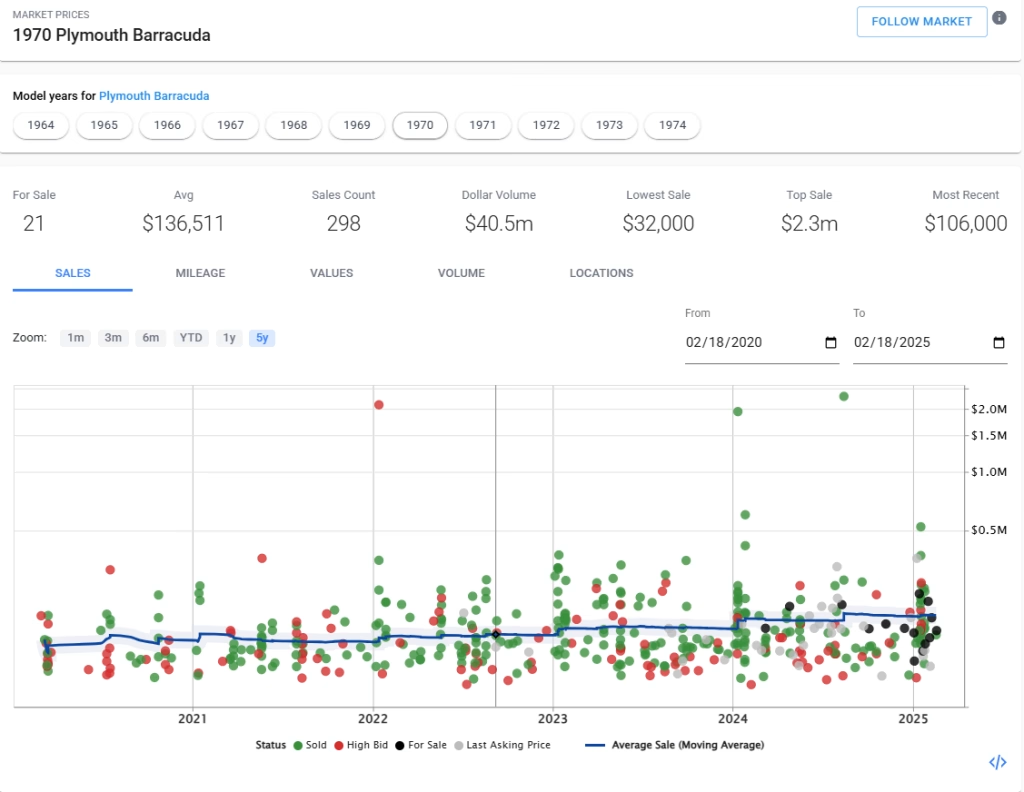
Recent Auction Highlights
- Mecum Auctions (2023) – A fully restored numbers-matching HEMI ‘Cuda Convertible sold for $3.5 million.
- Barrett-Jackson (2022) – A non-matching engine example sold for $2.1 million.
- Mecum (2021) – An unrestored survivor HEMI ‘Cuda Convertible fetched $3.2 million.
🚨 Cars with missing documentation or incorrect restorations sell for $1M to $2M.
Where to Buy a 1970 Plymouth HEMI ‘Cuda Convertible
Due to high demand and extreme rarity, a 1970 HEMI ‘Cuda Convertible is primarily sold through prestigious auction houses.
Final Tips for Buying a 1970 Plymouth HEMI ‘Cuda Convertible
✅ Confirm the VIN & Trim Tag – Ensure it’s a real factory HEMI car.
✅ Check for Matching Numbers – Engine, transmission, and rear axle.
✅ Inspect for Rust & Frame Damage – Restorations can be costly.
✅ Look for Factory Documentation – Build sheets & Protect-O-Plates are crucial.
✅ Consult a Mopar Expert – Get a professional inspection before buying.
A 1970 Plymouth HEMI ‘Cuda Convertible is one of the most valuable collector cars ever produced. If you find an authentic example, it’s a once-in-a-lifetime investment opportunity. 🚗🔥
Would you like assistance inspecting a 1970 Plymouth HEMI Barracuda Convertible? Let me know!
